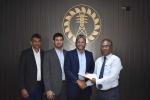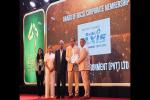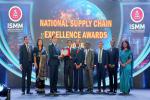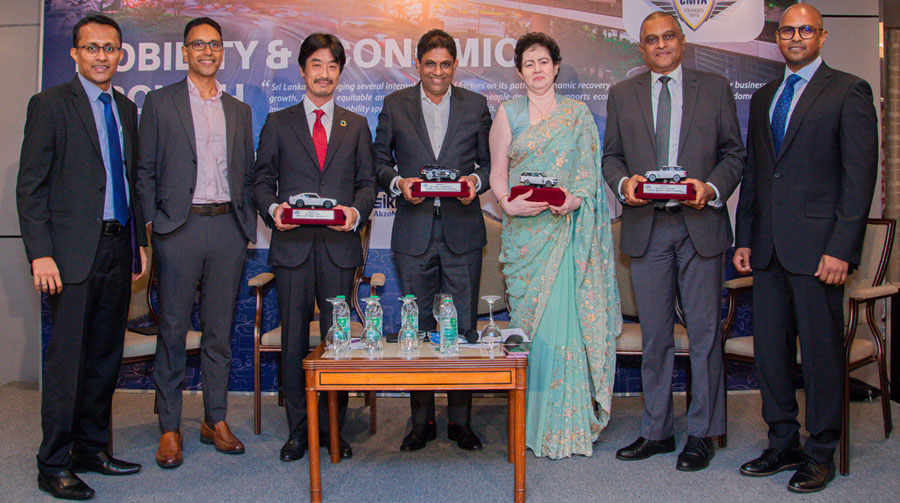The event, highlighted by a keynote speech from Mr. Katsuki Kotaro, Minister and Deputy Head of Mission at the Embassy of Japan, and a dynamic panel discussion, provided invaluable insights and strategies for sustainable growth and enhanced mobility.
Mr. Kotaro emphasized Sri Lanka's significant strides in economic recovery since the challenges of 2022.
He explained that Sri Lanka's economy has rebounded since 2022, with steady growth rates approaching the 3% target for 2024.
Inflation, previously at 70%, has dropped to 2.5%, though prices remain high.
Government efforts and IMF support have stabilized the economy.
He went on to explain, that Sri Lanka's practical strategy should involve starting with hybrid vehicles until about 2030, then transitioning gradually to EVs and fuel cell vehicles by 2035, mirroring Japan's carbon neutrality goals.
This phased approach acknowledges Sri Lanka's current infrastructure and fiscal limitations.
It's crucial to develop industrial policies that support automobile production and enhance mobility while balancing economic growth with environmental sustainability.
The keynote speech was followed by an engaging panel discussion, moderated by Mr. Yasendra Amerasinghe, Immediate Past Chairman of CMTA.
The esteemed panel consisted of Ms. Thilaka Jayasundara, Secretary, Ministry of Education, Mr. Ranjith Rubasinghe, Secretary, Ministry of Transport and Highways, and Mr. Bingumal Thewarathanthri, Chairman, Sri Lanka Bankers Association.
Topics ranged from Japan's perspective on Sri Lanka's recovery to fiscal measures impacting industries and upcoming initiatives for improved mobility and transportation and more.
During the course of the discussion, Mr. Bingumal Thewarathanthri, Chairman of Sri Lanka Bankers Association, spoke about Sri Lanka’s current economic trajectory, and possible risks the country might face.
He explained, “We don't see a risk of not crossing this review.
As a country, we've made significant progress in several areas, including fiscal policy and the external sector, which has performed exceptionally well.
Although there are still areas that need improvement, particularly in debt restructuring, the requirement is to show meaningful progress rather than completion for the second review.
Given our advancements, I'm confident that Sri Lanka will secure the $300 billion needed to move forward."
Ms. Thilaka Jayasundara, Secretary, Ministry of Education addressed the gathering about the development of industry from an educational standpoint.
She explained, "From an educational perspective, as industries develop, we must focus on enhancing our skilled manpower to meet their needs.
The Ministry of Education, with the support of vocational training programs, is dedicated to developing skills for emerging industries such as automobile and component manufacturing.
We've established a Sector Advisory Council to ensure that our training aligns with industry requirements.
By the end of this year, we plan to have all our courses in the automobile sector tailored to meet industrial demands, ensuring that our workforce is well-prepared to support these key industries."
Mr. Ranjith Rubasinghe, Secretary, Ministry of Transport and Highways, shared his thoughts on the current state of the transportation and mobility sector.
He stated, "Our transportation industry is not operating at its highest efficiency.
We need to address fundamental issues before adopting new trends like e-mobility.
Our focus is on establishing a green energy network before moving to e-mobility.
The National Land Transport Policy is in process, and we aim to finalize it soon to guide industry decisions.
We've also developed an e-mobility policy with expert input, which is crucial for our future plans.
Many of our systems are self-grown and need external interventions to become efficient."






















